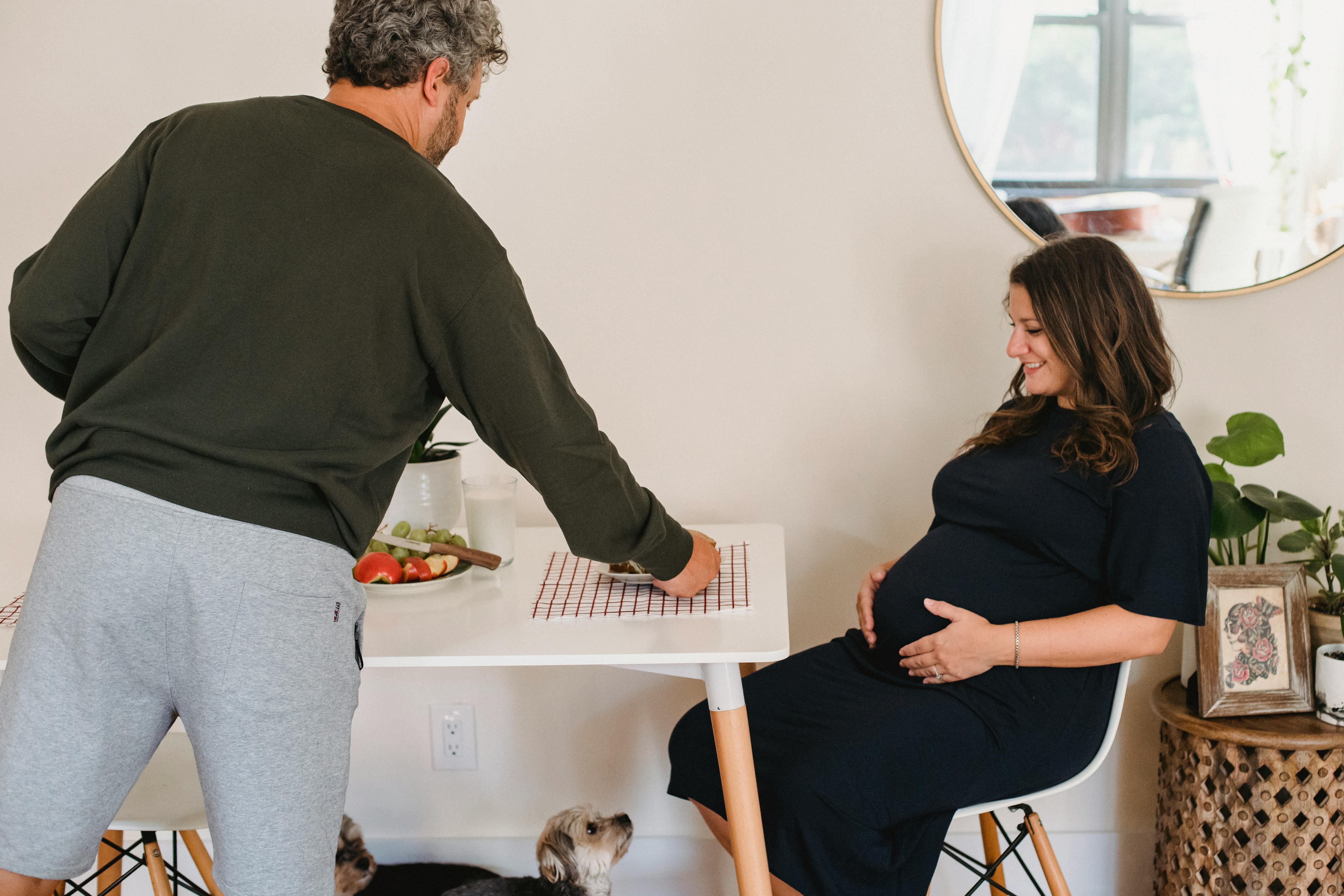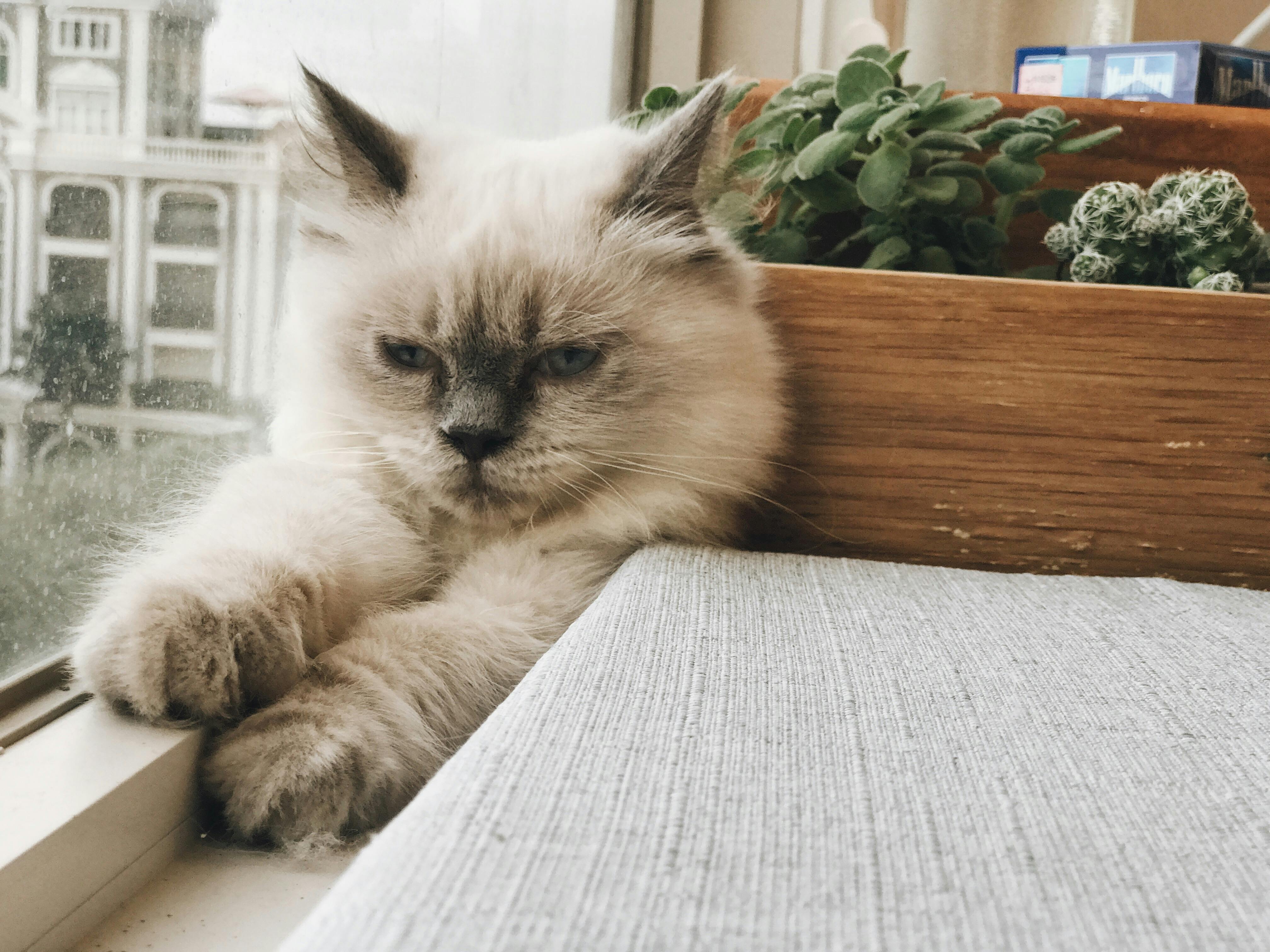
Rabbit noises and what they mean
Rabbits are primarily non-verbal and use body language as their primary means of communication, however they do make a surprising number of noises.
honking the horn
This can best be described as a small exhalation of air and sounds a bit like a creaking door. The rabbit will run quickly, squawking in time with its jumps. Most commonly done by unneutered males as a courtship signal, usually accompanied by circling movements of their feet or another rabbit. Females can also make this sound while running and males can continue to honk even after castration.
growling
This noise is very similar to a squawk, but is usually made when the rabbit rolls on its side with satisfaction (the “bunnyflop”) or when you pick it up and squeeze it too hard around its belly.
growling
This sounds a bit like a speeding car and is usually done by an unpaid woman defending her turf. Often the rabbit will lunge at you with its front legs while growling. This disappears or is greatly reduced after sterilization. Rabbits can also growl when they are scared or in pain.
Grinding/purring teeth
A soft grinding of the teeth indicates pleasure, for example when the rabbit is settling down for a nap on a full stomach or when you pet it in a way that it enjoys. The rabbit’s jaws move slightly from side to side and the rest of the rabbit’s body language is peaceful, ie ears in a relaxed position, eyes half closed.
loud teeth grinding
This is a sign of pain and the rabbit will usually show other symptoms such as an unwillingness to move and a lack of appetite. See your vet as soon as possible.
snorting/sneezing
When confronted with an odor they find offensive, rabbits will often snort or exhale rapidly through their nose, making a noise like “ffnuff.” A rabbit that sneezes frequently and has a runny nose is sick and needs to see a vet as soon as possible.
belly noises
Okay, so the rabbit is not making this noise consciously, but it is very helpful as an owner to know what your rabbit’s stomach should sound like. Put your head against your rabbit’s side and listen: a healthy stomach should be beating, gurgling and rumbling all the time. If you can’t hear anything and the rabbit hasn’t been eating, there is a risk of intestinal stasis, so see a vet right away.
huge
Rabbits stamp their hind feet on the ground to warn other rabbits of danger. The strong vibrations are transmitted through the floor even if the other rabbits cannot hear the noise. Unneutered males also use blows as a sign of wanting to mate. Domestic rabbits may also thump as a sign of annoyance or displeasure, for example if the volume on the television is turned up too high or if the vacuum cleaner is brought too close to them.
screaming / screaming
Let’s hope you never hear this sound. Rabbits scream when they are in the clutches of a predator and are terrified. Rabbits may also scream when in extreme pain, for example when suffering from VHD (viral haemorrhagic disease), shortly before death occurs.
Copyright 2011 Hannah Davis/Bunnyhugga. All rights reserved.





